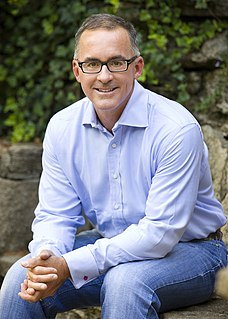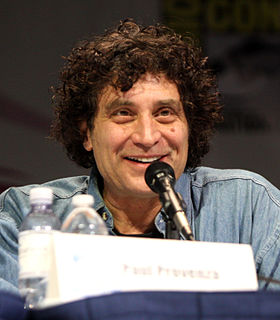A Quote by Mark Rylance
The scientific-rational mindset is as much a cosmology as the Catholic mindset was in the Middle Ages; scientists are so proud of their mindset and convinced that it's the only reality. I find that worrying.
Related Quotes
I always try to find better ways to do things. Whether it's a game plan, a practice, a meeting, an interview, whatever it is. I'm going to find a way to find a way to analyze it and find a better way to do it. That's my mindset. I've never been satisfied with anything. That's just my mindset. I'm always trying to find a better way to do things.































